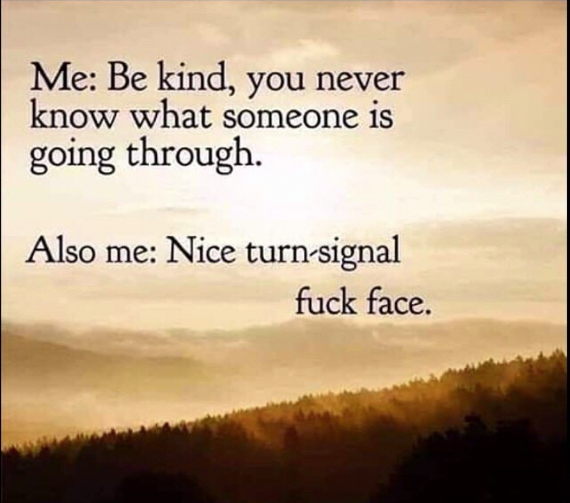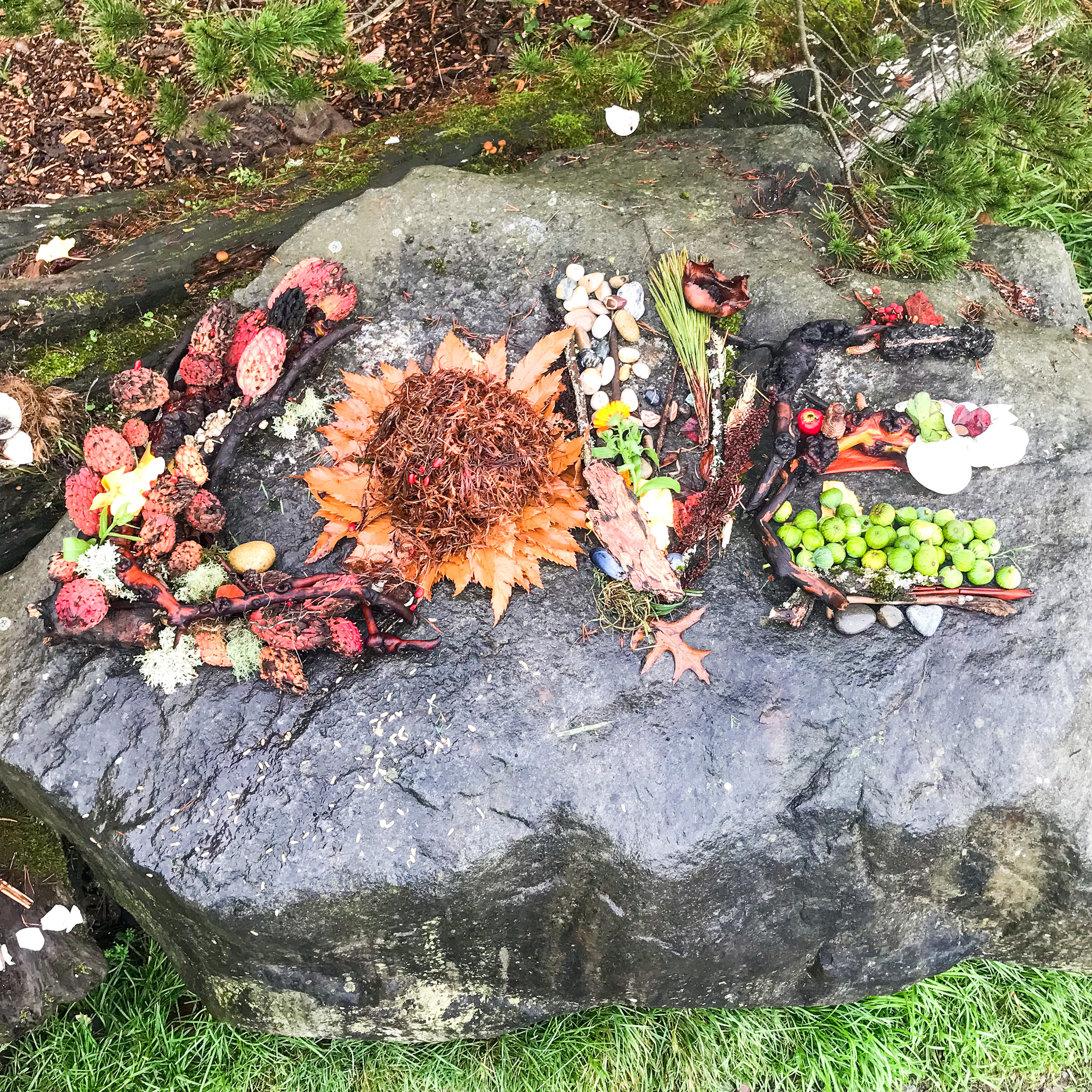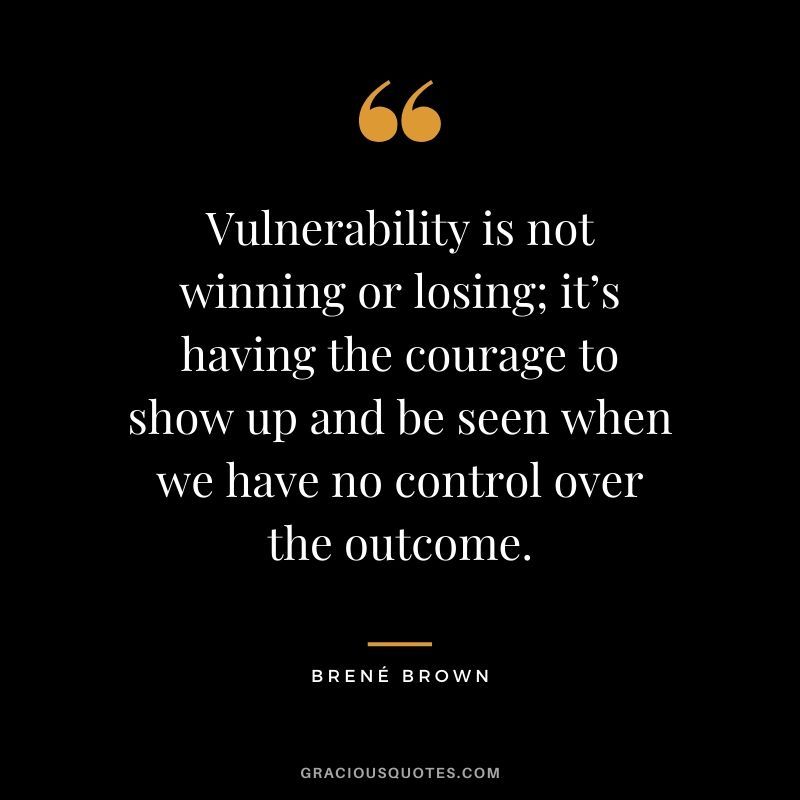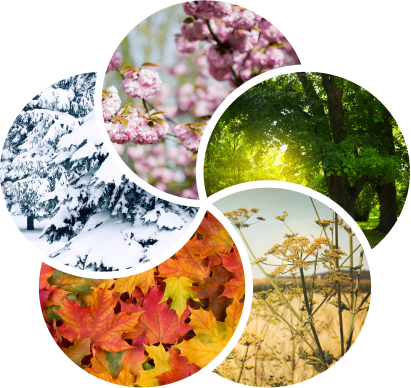Last year a patient asked me what I thought the most difficult part of 2020 had been. I immediately knew what I’d say but I was hesitant to share.
I don’t think the hardest part of 2020, and now 2021, has been the pandemic. Nor was it the extremely necessary social upheaval we’ve experienced with the Black Lives Matter movement. It also wasn’t the feeling of unrest that blanketed the nation last September and October around the election or the conflict caused by vaccine mandates.
These events have precipitated, highlighted, and magnified my deepest concern: the stunning lack of compassion we’ve shown for our fellow humans coupled with a meteoric rise in judgment, tribalism, and fear.
There were ideological divides in this country before 2020 to be sure, but now it feels like there’s an irreparable gulf between most Americans that’s not drawn along predictable political party lines. Instead new fractures within previously united groups have formed. I’ve seen decades old friendships strained across these fresh, painful lines.
The question that I’ve been toying with since March 2020 is why is everything so heightened right now, in this moment of time?
Why is there so much more judgment and fear? It constantly feels like we’re on the edge of sparking a wildfire; the smoldering embers of previous decades of social unrest, political divisiveness, and science-as-religion dogma threaten to ignite again at any moment.
It would be easy to say that this heightened feeling stems from the mass confusion of the present moment. Everything feels precarious. Like we’re grasping at straws of knowledge that vanish as soon as our hand closes around them.
It would be easy to say that it’s an extraordinary time, because it is. Now more than ever people need to connect and find solace in each other and their community but layers of social, health, and environmental issues divide us.
Simple confusion and novelty don’t unearth the root of what we’re experiencing. The disorientation goes far deeper.
We’re witnessing the systemic breakdown of the myth of certainty.
We’re struggling to admit that we just don’t know. That no one knows. And perhaps most painfully, that we can’t know how anything will unfold or what will happen next. It is no longer enough to gather information and process it analytically. We can’t just sit down and logically work through the data to find an answer like a math problem. Hint: the answer is NOT in the back of the book. We’ve believed until this point that if we just knew enough, gathered enough information, and understood enough through rationality and mentation that we’d find the answer we’re looking for.
What happens when the latest research can’t provide a clear path forward? When a vaccine is available but it’s a struggle to find statistics and information relevant to you rather than just an overall public health line of “safe and effective”? When leadership is split? When the media doesn't fact check or give context to statistics or frames white male shooters as good guys, controlling the narrative to suit the establishment rather than the people of this country? When people don’t know how they’ll make it another month without a job or savings?
Certainty is like going through life wearing one of those snowsuits for kids: warm, cozy, and so insulated and puffy that you practically bounce off the ground if you fall. In certainty there is comfort, security, and a buffer from reality.
Our natural inclination as humans is to seek out certainty and stability as these factors are tied to our very survival. We’re programmed to choose the stream that looks most promising for a constant supply of freshwater and fish. We’ll stick with what we know and hold on to it dearly for protection so we can meet our basic needs.
Withdrawal from certainty feels like a threat to our existence. It is an agonizing, utterly disorienting process. Welcome to 2020 and now 2021.
Here’s the truth that these years above all others in my lifetime have exposed: certainty never existed. There is no way to control the unfolding of life. If you have privilege in this country through money, whiteness, or maleness, you’ve been able to lead the most certain life of all. Those who don’t fit into the institutional systems established to favor this one type of person are much more familiar with uncertainty and the discomfort it can create.
Uncertainty, or the unknown, feels overwhelming, unproductive, and like a giant roadblock. It has a different flavor than plain ol’ indecision, or vacillating between two known quantities. Uncertainty points us toward an inky black void that twists our guts in fear whenever we have to glance at it.
It makes primordial sense that we’d try to avoid this disturbing and unsettling feeling as much as possible. However, it’s not a reasonable solution to completely subvert reality by creating the illusion that the deep dark hole doesn’t exist at all, but we’re all guilty of it. At some point in our lives, either in the past or now, we’ve generated our own personal and cultural certainty fantasies to help us feel in command of our circumstances.
Judgment and righteousness are the destructive side effects of such a mentality. If I’m right, they have to be wrong. I’m right so I’m therefore good, and others who don’t agree with me must be corrupt so I am morally justified in treating them poorly. We weaponize morality as a way to comfort ourselves. This type of dualistic, black-and-white thinking breeds tribalism, zaps our empathy, and plays on our fear of the unknown.
This polarization is exactly why many conversations from opposing sides have become futile.
Fear is running so rampant that any nuance to an issue feels like an erosive force to the tenuous ground we have to stand on. When people become so galvanized in their opinions and thoughts that they won’t have a respectful or thoughtful dialogue, it’s apparent that desperation to maintain whatever control they feel they have is paramount to them.
Propaganda from the media or any other source ungrounded in fact or real experience further amplifies the situation by offering unequivocal certainty that there are only two sides to an issue and that one side is right while the other is wrong. It encourages us to think and act out of fear and desperation. It can allay our anxieties in the short term, zipping up that puffy snowsuit and insulating us from reality.
When we’re warm and cozy in our fleecy abode of lies it’s easy to be lulled into complacency, disconnection, and to harden our hearts. We start to divide ourselves from others and we lose our empathy for them. We blame them for not finding their own snowsuit, preferably one that’s the same brand as ours.
This lack of compassion feels powerful because it cuts off our own sense of vulnerability. Righteous indignation and anger feel powerful because they snuff out fear and uncertainty. But these feelings aren’t built on the foundation of reality. They are messengers from our ego and its desperation to cling to the illusion of control.
Let me tell you a little secret: anyone who is certain about anything right now has no fucking idea what’s actually going on.
“To leap from one certainty to another skips the holy ground of uncertainty, of not knowing, of humility, into which genuinely new information can come. What unites the pundits of all persuasions is their certainty. Who is trustworthy? In the end, it is the person with the humility to recognize when he or she has been wrong.” - Charles Eisenstein
In these past 18 months our sense of control over the external factors in our lives has crashed into oblivion. That shift might be the greatest gift of our time because as the chaos continues we are left with only ourselves.
A time like this, when we’re hungry for stability yet little is forthcoming, can be a transformative experience if we let go of trying (and failing) to control what’s around us and focus on our internal world. It’s the only arena that we truly preside over.
That might sound terrifying, but here’s the thing. Fear isn’t all bad. It’s a warning. A guide post. We can listen to it, thank it for its counsel, and make our own decision, or we can choose to be ruled by it.
It’s time to unzip that snowsuit of certainty. To put away the judgment, criticism, and alienation it creates. Underneath the anger and fear there is grief that must be reconciled. The deep loss of certainty is acute, real, and exquisitely painful. The house of cards your ego was built upon is falling apart.
You might feel naked and afraid or shattered into pieces, but this is the way forward.
Sometimes things have to fall apart in order to heal. Acknowledging those broken pieces creates a new comfort and stability and mostly importantly, it begins the mending process.
Here’s how we can knit ourselves back together during this unstable time:
#1 Sit with the uncertainty
Avoiding an elephant in a room doesn’t really work. You’re always going to know the elephant is there, so why not acknowledge it so you can begin to make informed choices about how to co-exist with it rather than denying that it takes up space?
When we sit long enough with something that makes us uncomfortable, we start to see beyond our knee-jerk reactions of fear and judgment. At this point the best thing we can do is to get curious. Why are we so afraid of uncertainty? What does it mean to be uncertain? Does it remind us of an unstable childhood or a time when we were at the mercy of our environment? Or maybe it makes us feel like a failure because we’ve tried so hard our whole lives to determine our own fate.
Exploring these emotions and questions can bring us peace in a way that denial can’t. When we refuse to acknowledge something, we spend a massive amount of energy keeping up that facade in our mind’s eye. By recognizing the reality of our situation we reclaim the mountain of effort we’ve been putting into denial and as a somewhat unbelievable bonus, we develop a clearer, truer vision of ourselves and the world with little to no effort.
Uncertainty is an inherent part of life. The less we fight that inexorability the more we develop true stability in our lives. A stability that accepts uncertainty as a variable allows for more freedom of thought and meaningful connection with others. Surrender and change are the only truly certainties we’ll know in our lifetime.
#2 Separation is a myth
And in that vein, duality is a myth (suck it, Descartes). Categories comfort us. They create order and a knowing of what fits into each tidy little box.
Categories are unquestionably helpful for organizing information, but we’ve come to a point where people want to define your full scope as a human according to one or two categories they can glean from superficial interactions and observations. Snap judgments aren’t new, but they seem to have taken on a novel and extremely reductionistic life of their own based on the amount they’re liberally slathered on to people, like pale midwestern tourists painting themselves with sunscreen on a Hawaiian beach. Do you live in a rural area and drive a pick up truck? You must be a redneck Republican. Do you buy organic food and enjoy vintage clothing? You’re a hipster.
The boxes we put people in create division, tribalism, and an us vs them mentality. Once we’ve summed someone up by a few categories we feel we know who they are and that means we can treat them a particular way based on what those categories signify to us. This mindset, like certainty, is an illusion and meant to flatter our ego and sense of control over our lives.
When we reduce people to labels we strip them of their humanity, conveniently allowing us to bypass empathy for anyone who doesn’t correlate with our own preferred set of descriptors.
It’s time to realize the massive limitations of labels and snap judgments and get comfortable with holding opposing ideas and feelings at the same time. We need to make an effort to see the inherent nuance and complexity of every human being, even those deeply entrenched in their views. There’s always more to the story than what’s on the surface.
One of my favorite memes sums it up nicely:
It’s possible to hold compassion and frustration simultaneously and we need to normalize this situation for ourselves. Live with the belief that we are all doing the best we can in any given moment and this holding gets easier. Humanity is a wild, messy, creative, unpredictable spectrum of beautifully overlapping and conflicting experiences. Strive to contribute to that technicolor spectrum as much as you can.
We need to usher in an era of post-dualism and reinvent the black and white categorical thinking that comes with it. We are inherently connected to each other, woven together with all other life and matter in an overwhelming, unknowable tapestry and we always will be. Those snap judgments and beliefs create denial and a sense of false division. They put a cap on one of the most joyous elements of life: your capacity to create meaningful, authentic bonds with the people in your life. Relationships are inherently vulnerable and we have to leave the comfort of false security to form real connection.
#3 Respond with love
There really isn’t another way out of this arena. You can’t fight fire with fire. You’re just playing into the same game of fear, hate, and judgment that’s been running rampant. The only way to emerge a decent human is to burn the arena to the ground. Stop playing the game. Respond with love.
“My worldview is this: at all times people are doing one of two things. They’re showing love. Or they’re crying out for it.” - Mitch Johnson
We’re seeing a massive cry for love right now. People are hurt, scared, confused, and struggling. When they reach out or lash out with those emotions, we have a choice in how we respond.
Here’s the thing: whoever responds to a conflict, not whoever instigates it, holds the reins. We can respond in kind and fight forever with no resolution. Or we can choose to shift the entire interaction by defining a new paradigm of interaction and relating.
Oftentimes when we’re confronted with people’s fear or anger we feel weak, vulnerable, and disempowered. In order to respond, we naturally gravitate toward emotions like fear and anger that make us feel powerful. However, if in that moment we’re courageous enough to connect with our vulnerability rather than view it as a weakness, we can transform the situation into one where growth and potential exist instead of division and fear. We can leave behind the old arena and act from an empowered and open-hearted place. When you stop playing the game, the terms change and new possibilities emerge.
2020 and 2021 have asked us to be vulnerable in an unprecedented way, at least in my lifetime.
Unacknowledged vulnerability takes us down the path of fear and division. Embracing it leads us deeper into ourselves.
Underneath all of the divisiveness is the human need to be loved and accepted. People are trying to love themselves and protect their loved ones.
The bravest thing you can do in these moments is to stay connected with your empathy, your human fragility, and realize that other people are not so different from you. By being receptive, we allow ourselves the space to move out of reactivity and into heartfelt response. We open ourselves to new opportunities for growth, healing, love, and joy and we leave behind blame, defensiveness, and the myth that we’re separate from everything else.
There is inherent risk in this posture of humility and openness.
Some might see it as weak. But there is also great risk in losing ourselves in stories perpetuated by our minds, our families, and our culture if we don’t ground ourselves in the energy of our own identity and connect with the courage to stand solidly within it.
If we respond in judgment and shame we continue to carry that pain in our lives and perpetrate it upon ourselves, our children, and others in an endless cycle. We can choose something else. We can choose concern but not panic. We can choose awareness but not overwhelming fear.
Community, connection, and empathy are what will see us through this discomfort, out of the inky blackness of uncertainty and into the light.Staying in connection with your vulnerability and learning from the paces it puts you through is the medicine we all need.
I’ll leave you with this one last thought:
“Keep my anger from becoming meanness. Keep my sorrow from collapsing into self-pity. Keep my heart soft enough to keep breaking. Keep my anger turned towards justice, not cruelty. Remind us that all of this, every bit of it, is for love. Keep me fiercely kind.” - Laura Jean Truman






